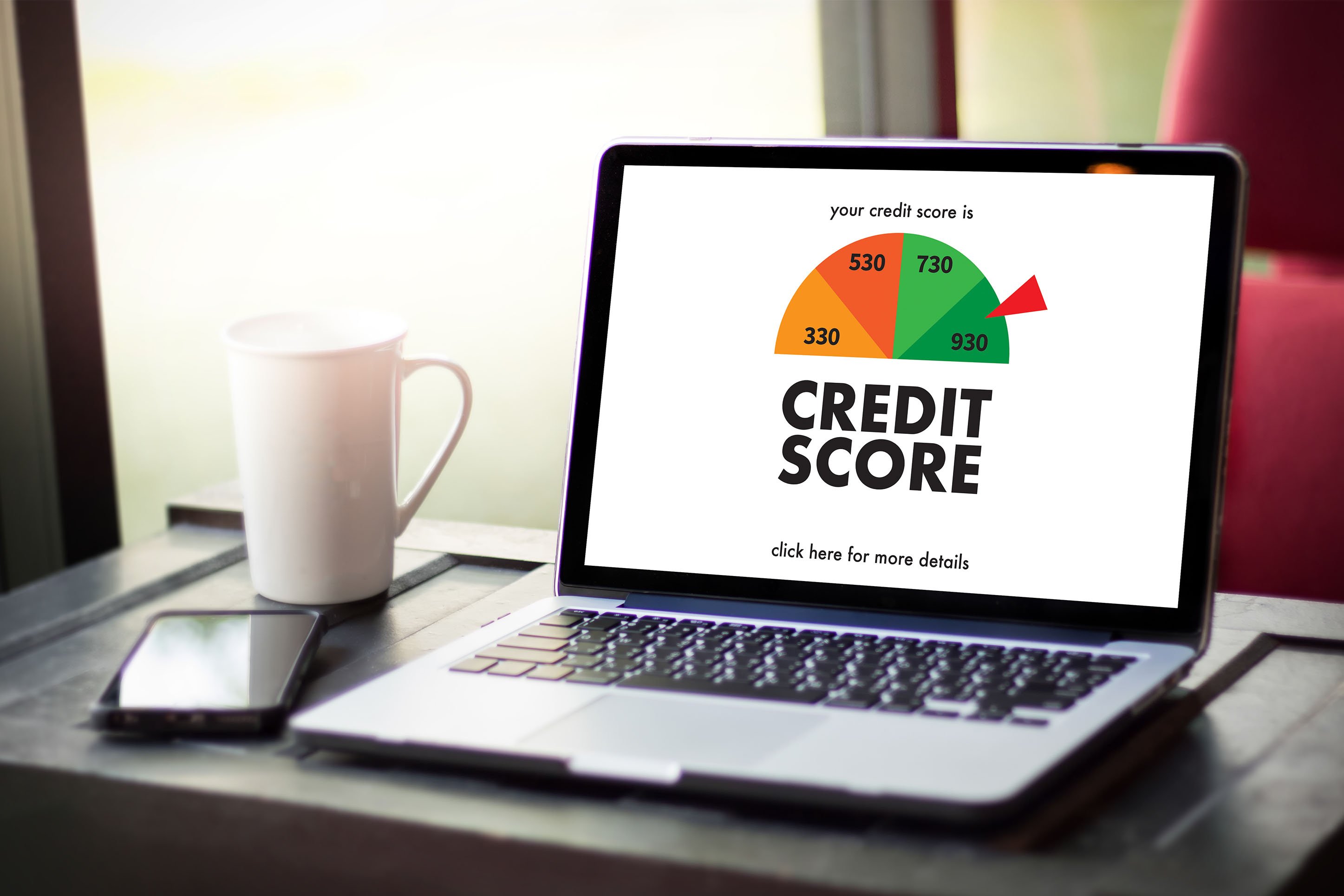Start saving as early as you can
It can be difficult to start saving for a home before seriously considering the process. But the earlier you can start saving, the better off your down payment will be. Putting aside $20 or $50 each paycheck, even if you’re a few years away from wanting to sign on the dotted line, can help you out big in the future.
But if you’re hoping to buy a home soon and your down payment isn’t where you want it to be, don’t panic. It can still be attainable with the right savings strategy and mortgage program.
Check-in on your credit
Your credit will be a significant factor in your loan and the interest rate you qualify for. Check in on your credit early in the process, even before you’re ready to seriously think about buying a home. If your score isn’t excellent now, you can still improve it.
You can take steps to improve your credit, like avoiding opening new accounts while seeking preapproval for a loan but asking your financial institution for a credit increase on existing lines of credit. You also want to maintain consistent on-time payments for other loans, like car or credit card payments.

Pay off other debt if you can
Debt-to-income ratio is another factor in your financing. By paying down debts, like credit cards and student loans, before you apply for your mortgage, you can set yourself up for better financing options to put you in the home you’ve always wanted.
Plan for emergencies
When you’re saving to buy a house, the down payment isn’t the only thing you have to save for. Unexpected expenses as a homeowner–like breaking furnaces, rotting roofs, and window upgrades–are also important to think about. Having a healthy emergency fund will give you that extra layer of security as you transition into home ownership for the first time. A good target is to have 1% to 3% of your home’s value socked away before you buy.

Know what you want
It isn’t always easy to know exactly what you want in a home when you first start viewing properties. But it’s a good idea to consider your must-have list early on. It helps you establish what your budget needs to be, and it can motivate you while you’re saving.
Establish your budget
As your list of wants starts to drive your hypothetical home’s cost higher, locking in your budget will give you much-needed perspective on your search. As you investigate what sort of financing you’ll qualify for, you can make educated decisions based on what your maximum loan amount can be, what types of interest rates you’re looking at, and what your monthly payment will be.
Explore financing with a pro
When you’re ready to move forward with buying your home, talking to a real person can help give you those personalized answers that will help you navigate your unique situation. Make an appointment with the mortgage specialists at the RMCU branch closest to you, and start the homebuying process with friendly help.
Get in touch with a real estate loan officer at RMCU to find out what you need to purchase your first home.



